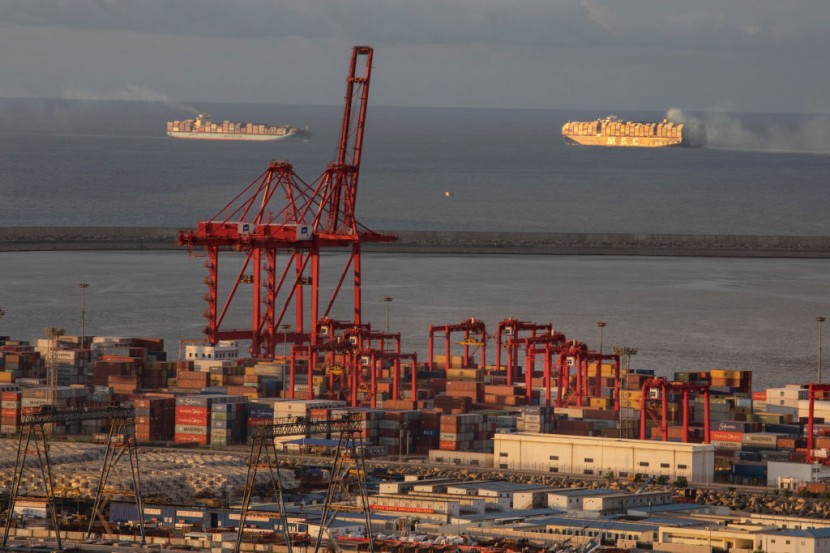
A container ship that caught fire while carrying chemicals has started to sink off the coast of Sri Lanka on Wednesday. It is becoming a source of concern for a potential environmental disaster, stated local officials. The ship, named the MV X-Press Pearl, could create an oil spill emergency as it was carrying almost 350 metric tons of oil. Among the chemicals that the ship was carrying is nitric acid.
The Singapore-registered X-Press Pearl had been on fire for nearly two weeks before it was put out this week. Hundreds of tonnes of oil from fuel tanks may leak into the sea. This could devastate nearby marine life.
One of the Worst Ecological Disasters in Sri Lanka's History
The container ship is sinking, unleashing what could be one of the worst ecological disasters in the country's history. Since May 20, the Sri Lanka Navy and Indian Coast Guard have been making great efforts to attempt to stop that from happening as the blaze engulfed the ship. Sri Lanka's Marine Environment Protection Authority (MEPA) has cautioned the the MV X-Press Pearl that it could create an oil spill emergency, reported CNN.
The ship burned for 13 days within sight of the island nation's coast before rescue workers managed to extinguish the blaze on Tuesday. A large amount of plastic debris has already inundated beaches. Authorities fear a greater disaster should the 278 tonnes of bunker oil and 50 tonnes of gas in the ship's fuel tanks leak into the Indian Ocean, reported ABC.
Dutch salvage firm SMIT tried to pull the still-smoking wreckage of the 31,600-tonne vessel further into deeper waters on Wednesday. However, the effort stalled, according to navy spokesman Indika de Silva. He remarked the stern had sunk to the bottom at a depth of 22 meters (72 feet), which is six nautical miles (11 kilometres) from the coast of Pamunugama.
According to De Silva, "The bow is still afloat, but the stern is submerged and resting on the sea bed. As a result, the towing of the ship has been stopped," reported Phys Org.
The Singaporean operator shifted its focus to mitigating environmental harm as the possibility of a potential oil spill increased. Chemicals from the ship's incinerated containers littered on surrounding waters and plastic pellets washed ashore on sandy beaches near Negombo.
Some oil was already visible in nearby beaches of Negombo, which is about 40-km from Colombo, according to an eyewitness. However, it was not made clear if it was from the fire-hit ship. De Silva said the navy helped crew of the SMIT to board the vessel and establish a tow connection following many attempts overnight failing because of the bad weather.
According to operators of the X-Press Feeders, the aft portion of the ship is now touching bottom at a depth of 21 meters (70 feet). The company added the forward area remains to be afloat but is spewing smoke.
Related Article: New Zealand Vs. Sri Lanka 1st Test Live Stream: Massive Blow To Sri Lanka Ahead Of First Test As Kusal Perera Fails Drug Test (LIVE STREAM, LIVE SCORES)








